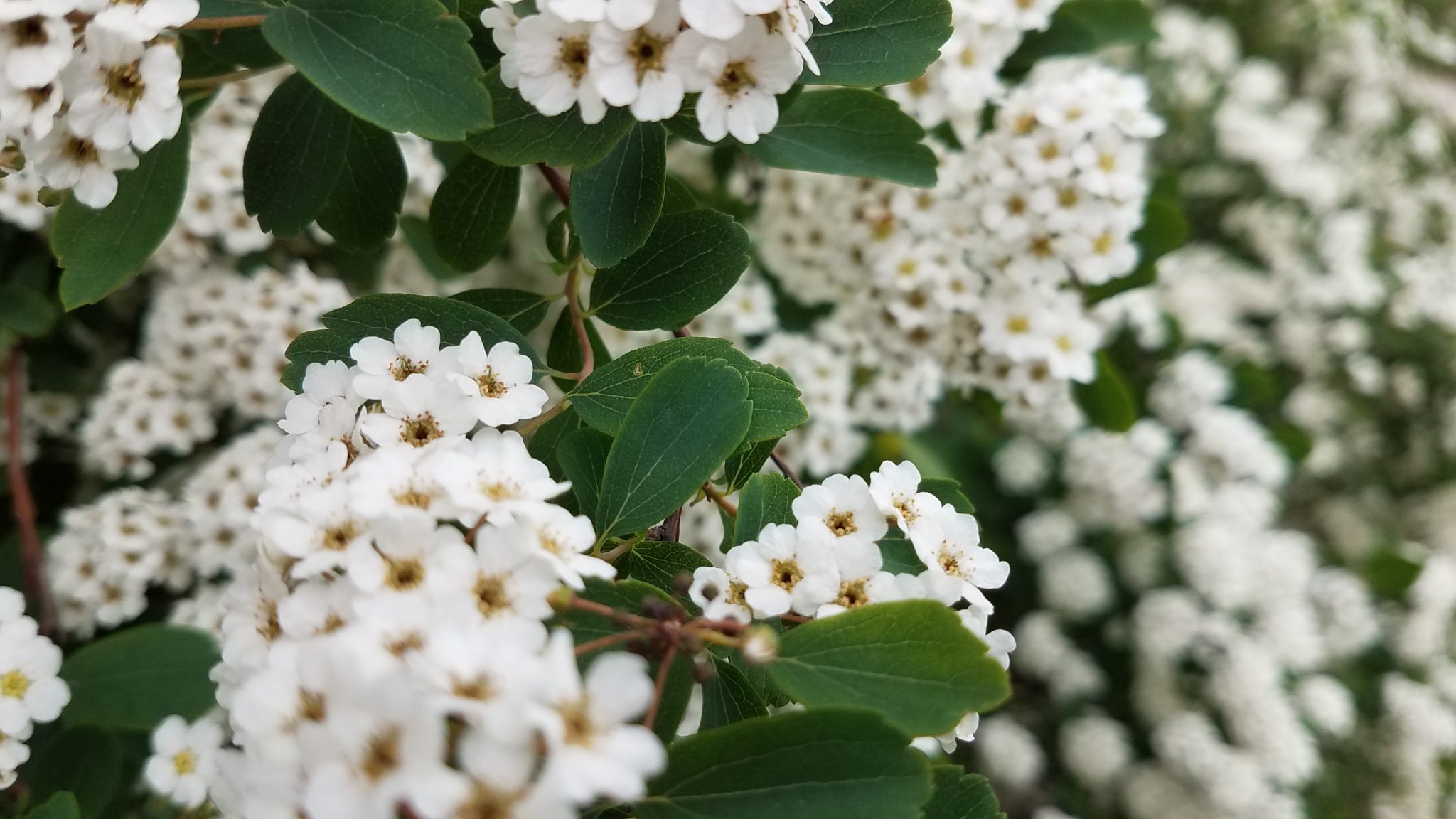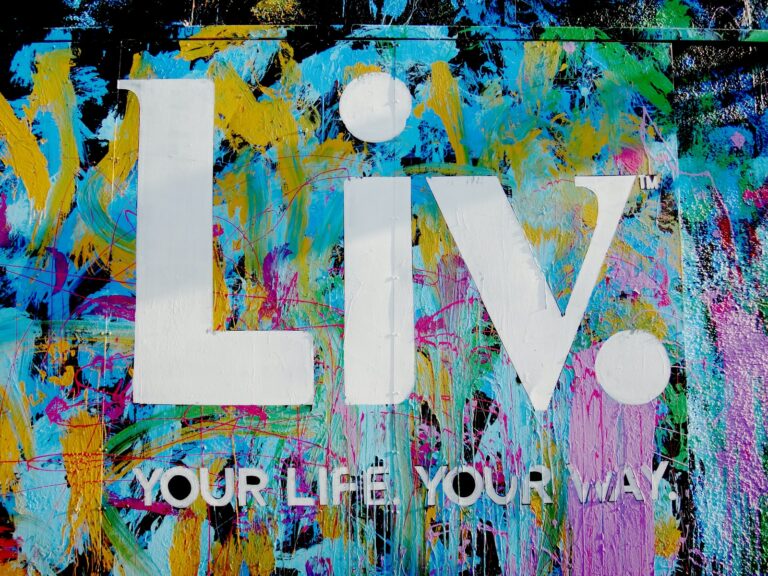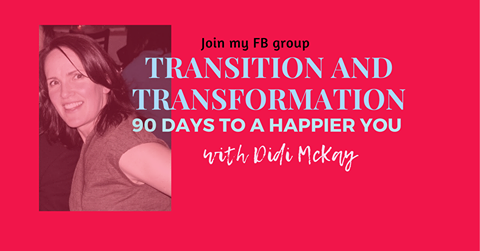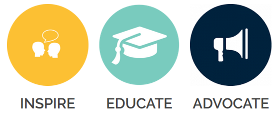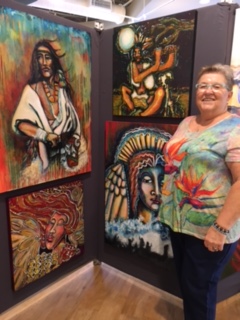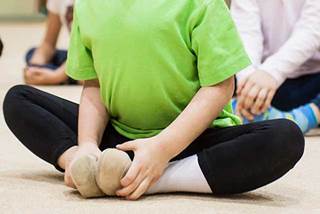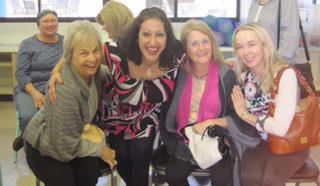How to Stay Well Through the Arts
SARASOTA
By Kay Kipling 4/3/2020 at 11:22am
Some tips from educator-consultant Hedda Matza-Haughton.
If you’re suffering arts withdrawal because you can’t attend concerts, plays, movies or exhibits right now, Hedda Matza-Haughton has a few ideas for you.
Matza-Haughton, a Sarasota-based licensed clinical social worker, health educator, actress, playwright and director (as well as a breast cancer survivor) has more than 25 years of experience in the health care industry and beyond, and has worked extensively in the area of communication between mind and body, stress management, the importance of laughter and integrating improvisational drama. As one of a group of founders of Arts for Health Sarasota-Manatee, she stresses the value of the arts in keeping us well, physically and mentally, at any time. But her advice is especially important right now.
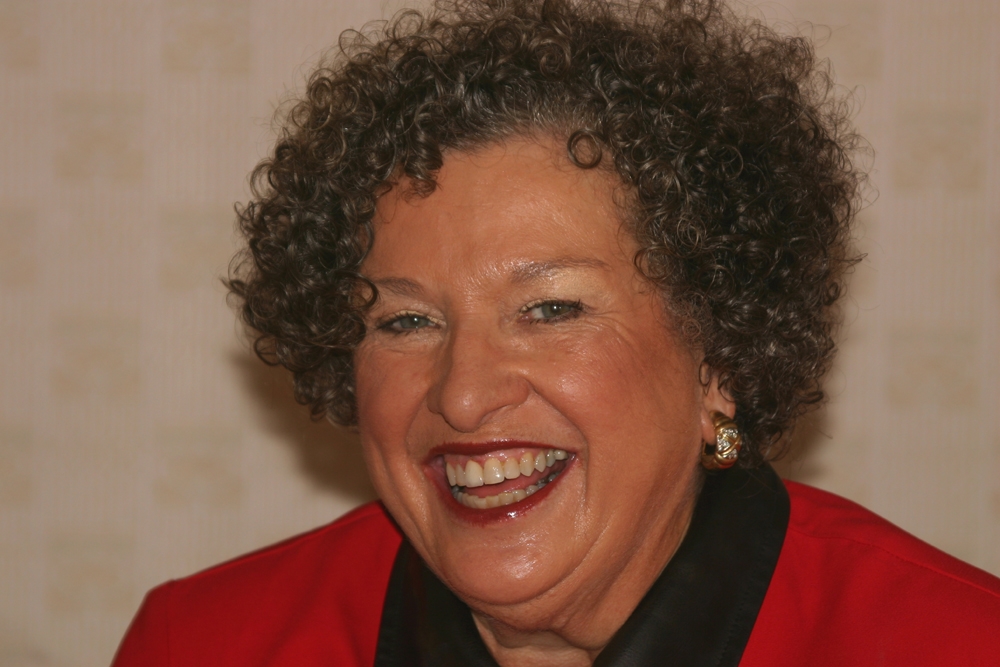
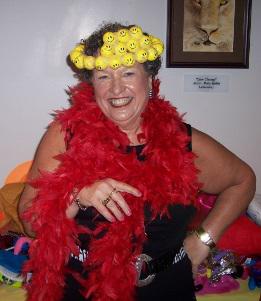
“There’s a tremendous amount of research on arts and health, not just during a crisis but in life experience itself,” she says. Integrating the arts into our lives can aid both in prevention and during an illness. “I do a lot of work in laughter and joy, and we know how both can increase blood oxygen to the brain, especially the part of the brain that encourages creativity,” she explains. “Joy can speed up the heart rate, can increase communication. And when life is out of control, it puts you back in control.”
According to Matza-Haughton, “It’s the creative process, not the end product, that powers us.” So don’t worry that your poem or painting might not measure up to someone else’s or even your own expectations. No matter what art form you prefer for expression, “The arts give you permission to go outside the box.”
If you’re comfortable with the idea, she suggests a “laughter corner” in your home, a time and place where maybe you put on a funny hat, wear a shirt upside down, anything to garner a laugh. Working on an abstract painting can release negative feelings, “as you move a line any way you choose to.” With young children home from school and hearing bad news on TV, she says, they may not feel free to talk about their feelings as themselves. But a little improv can help them to communicate. They can pick an animal to be, and you can act out with them “how does that animal feel about not being in school. It’s easier to express feelings that way than as themselves.”
If you’re comfortable with the idea, she suggests a “laughter corner” in your home, a time and place where maybe you put on a funny hat, wear a shirt upside down, anything to garner a laugh. Working on an abstract painting can release negative feelings, “as you move a line any way you choose to.” With young children home from school and hearing bad news on TV, she says, they may not feel free to talk about their feelings as themselves. But a little improv can help them to communicate. They can pick an animal to be, and you can act out with them “how does that animal feel about not being in school. It’s easier to express feelings that way than as themselves.”
Some other ways Matza-Haughton finds joy in expression: “I love to dance, forming a group called Bad Ass Women Dancers,” she laughs. “We can’t dance together in person right now, but I can put on some music I love and connect with the others on WhatsApp. Also, my husband and I get out markers to express how we feel, using black or red—deep colors—to get out fears or frustrations.”
And it’s important, she says, that we “not continue to talk over and over bad news and feelings of negativity. Every time you do that, you relive it. Spend three minutes getting it out, and then talk about something else. It’s time to remember what has brought us joy and passion previously, and to determine what can we do now we couldn’t before” to summon up those feelings again.


